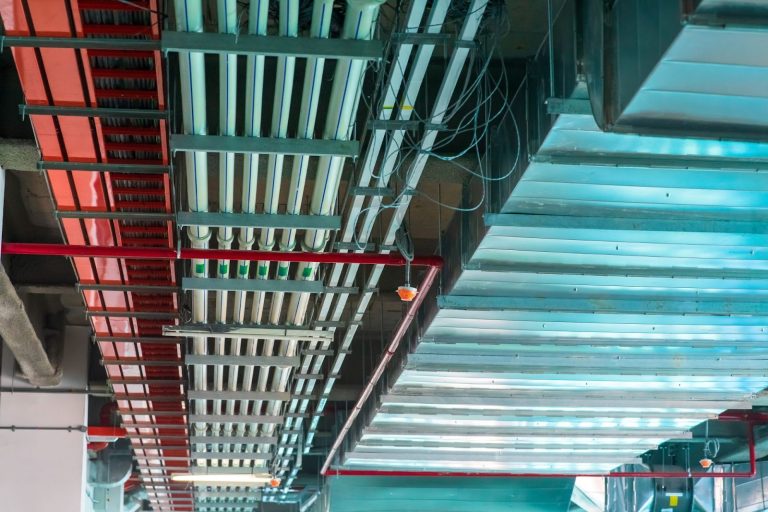Residential Water Softener Benefits and Maintenance Tips
Hard water can cause a variety of problems in homes, from dry skin and hair to scale buildup in pipes and appliances. A residential water softener is an effective solution to these issues, improving both water quality and the longevity of household systems. By removing minerals such as calcium and magnesium, a water softener can enhance comfort and efficiency and even reduce costs over time. Understanding the benefits and proper maintenance of a residential water softener is key to getting the most out of this investment.
Benefits of a Residential Water Softener
1. Protects Plumbing and Appliances
One of the primary advantages of a residential water softener is its ability to prevent scale buildup in pipes, water heaters, and other appliances. Hard water minerals can accumulate over time, reducing the efficiency of plumbing systems and shortening the lifespan of appliances like dishwashers and washing machines. Softened water helps appliances operate more efficiently, saving energy and reducing repair and replacement costs.
2. Improves Skin and Hair Health
Hard water can leave skin feeling dry and hair looking dull due to the high mineral content. Using a residential water softener ensures that bathing water is free of harsh minerals, resulting in smoother skin and softer hair. Many homeowners notice that soap and shampoo lather more effectively with soft water, enhancing the overall bathing experience.
3. Enhances Cleaning Efficiency
Softened water can make a noticeable difference in household cleaning tasks. Laundry washed in soft water tends to be brighter and softer, while dishes and glassware come out cleaner and free of mineral spots. Additionally, soft water reduces the need for excessive soap, detergent, and cleaning products, leading to long-term cost savings and environmentally friendly practices.
4. Saves Energy
Scale buildup in water heaters and plumbing reduces heat transfer efficiency, causing appliances to use more energy. A residential water softener helps prevent this buildup, allowing water heaters to operate more efficiently and lowering energy bills. Over time, the energy savings can offset the cost of installing and maintaining the water softener.
Maintenance Tips for a Residential Water Softener
To ensure a residential water softener continues to function effectively, regular maintenance is necessary. Here are some practical tips:
1. Monitor Salt Levels
Most residential water softeners use salt to regenerate the system. It’s important to check the salt level regularly and refill as needed. Using high-quality salt can prevent clogs and extend the life of the softener.
2. Clean the Brine Tank
The brine tank, where salt and water mix to create the regeneration solution, should be cleaned periodically to remove sediment or residue. This helps maintain the efficiency of the softening process and prevents malfunction.
3. Check for Salt Bridges
Salt bridging occurs when a hard crust forms in the brine tank, preventing proper salt dissolution. If a salt bridge develops, break it up carefully using a broom handle or similar tool, ensuring the water softener can regenerate properly.
4. Inspect the Resin Bed
The resin bed inside the softener is where hard water minerals are removed. Over time, it may require cleaning or replacement. Regular inspection helps maintain the softening efficiency and prolongs the life of the system.
5. Schedule Professional Servicing
Even with proper DIY maintenance, it’s advisable to have a professional service your residential water softener annually. A technician can check for leaks, ensure settings are correct, and address any issues that could affect performance.
A residential water softener provides numerous benefits, from protecting plumbing and appliances to improving personal care and cleaning efficiency. Proper maintenance is crucial to ensure long-term effectiveness and cost savings. By monitoring salt levels, cleaning the brine tank, checking the resin bed, and scheduling professional servicing, homeowners can enjoy the advantages of soft water for years to come. Investing in a residential water softener is not just a convenience; it’s a smart choice for home comfort, efficiency, and overall water quality.





